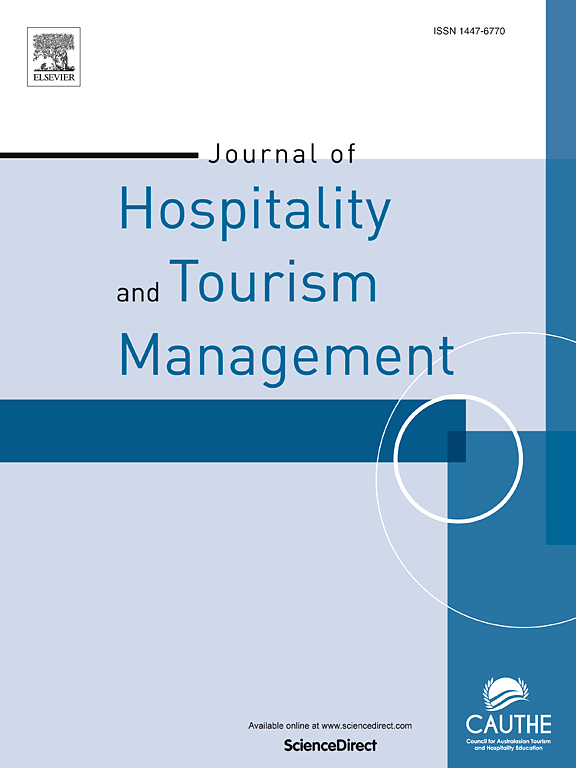重新评估前景理论:参考点、损失厌恶和敏感度递减的因果中介方法
IF 7.6
1区 管理学
Q1 HOSPITALITY, LEISURE, SPORT & TOURISM
引用次数: 0
摘要
前景理论描述了客观的得失如何转化为主观的价值。这个理论使用了一个价值函数来捕捉损失厌恶:损失比同等收益更有影响力。然而,现有的价值函数面临着局限性。它没有充分反映情境因素对人类行为的作用,缺乏识别损失厌恶背后的因果机制的能力。本文提出了一个新的值函数来解决这些缺点。它利用因果中介分析来明确规定客观价值与主观价值之间或主观价值本身之间的关系。这种方法使研究人员能够通过建立调解技术来检查各种情况(上下文变量)如何形成厌恶损失和寻求收益的倾向。此外,它既适用于货币结果,也适用于非货币结果。利用这一新框架,本文重新审视了前景理论的三个核心原则:参考点、损失厌恶和敏感度递减。重新分析从因果关系的角度对这些属性提供了更深入的见解。本文章由计算机程序翻译,如有差异,请以英文原文为准。
Re-evaluating prospect theory: A causal mediation approach to reference point, loss aversion, and diminishing sensitivity
Prospect theory describes how objective gains and losses translate into subjective value. This theory uses a value function capturing loss aversion: losses feel more impactful than equivalent gains. However, the existing value function faces limitations. It inadequately reflects the role of contextual factors on human behavior and lacks ability to identify the causal mechanism underlying loss aversion. This paper proposes a new value function that addresses these shortcomings. It leverages causal mediation analysis to explicitly specify the relationship between objective and subjective values or among subjective values themselves. This approach enables researchers to examine how various situations (contextual variables) shape loss-averse and gain-seeking tendencies through established mediation techniques. Moreover, it applies to both monetary outcomes and non-monetary outcomes. Using this new framework, this paper re-examines the three core principles of prospect theory: reference point, loss aversion, and diminishing sensitivity. The re-analysis provides deeper insights on these properties from a causal perspective.
求助全文
通过发布文献求助,成功后即可免费获取论文全文。
去求助
来源期刊
CiteScore
13.30
自引率
8.40%
发文量
177
审稿时长
45 days
期刊介绍:
Journal Name: Journal of Hospitality and Tourism Management
Affiliation: Official journal of CAUTHE (Council for Australasian Tourism and Hospitality Education Inc.)
Scope:
Broad range of topics including:
Tourism and travel management
Leisure and recreation studies
Emerging field of event management
Content:
Contains both theoretical and applied research papers
Encourages submission of results of collaborative research between academia and industry.

 求助内容:
求助内容: 应助结果提醒方式:
应助结果提醒方式:


